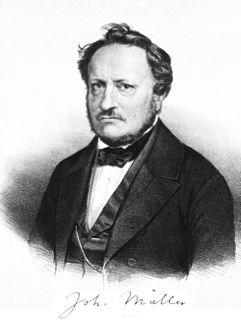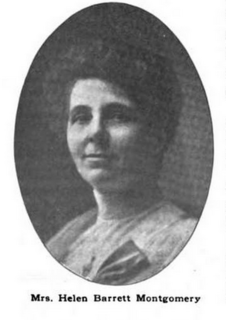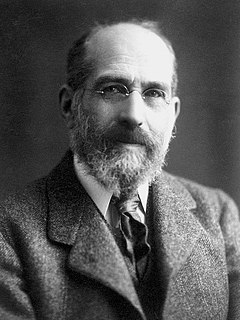A Quote by Alexis Carrel
The difficulty of finding organs suitable for transplantation on man must be met.
Related Quotes
Pretty much everybody knows there are not enough organs for all of those patients who need to get transplants, and what happens is, is that organs are actually directed in liver transplantation to those patients who are the sickest. So the patients who have the greatest chance of dying in the next three months or so are the ones who get the priority for the liver transplant.
When, as today, there is a market in human organs, when fetuses are produced to make spare organs available, or to make progress in research and preventive medicine, many regard the human content of these practices as implicit. But the contempt for man that underlies it, when man is used and abused, leads -- like it or not -- to a descent into hell.
One of the principal obstacles to the rapid diffusion of a new idea lies in the difficulty of finding suitable expression to convey its essential point to other minds. Words may have to be strained into a new sense, and scientific controversies constantly resolve themselves into differences about the meaning of words. On the other hand, a happy nomenclature has sometimes been more powerful than rigorous logic in allowing a new train of thought to be quickly and generally accepted.



































